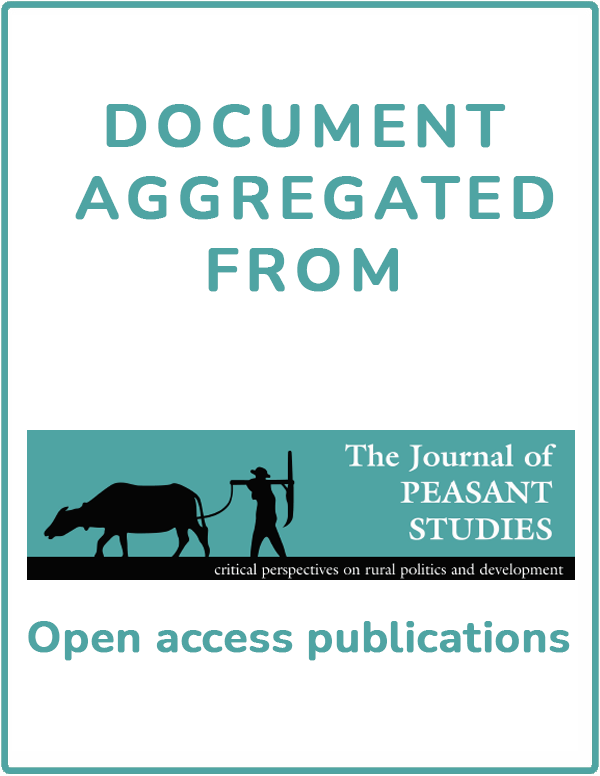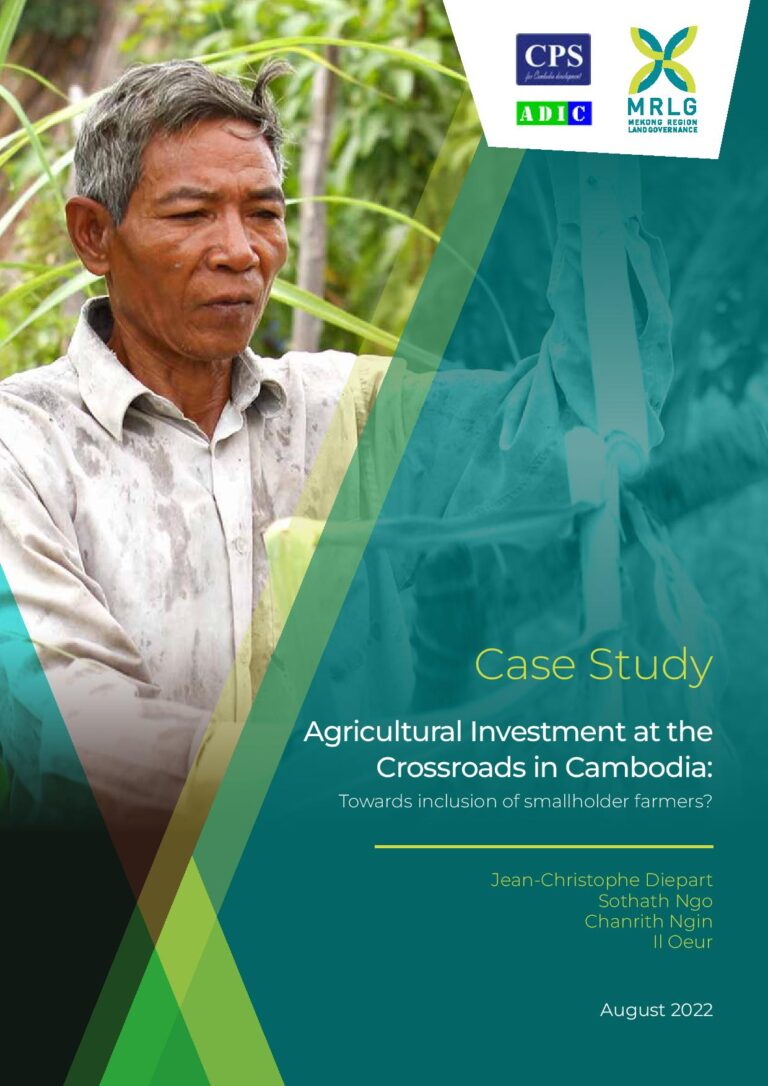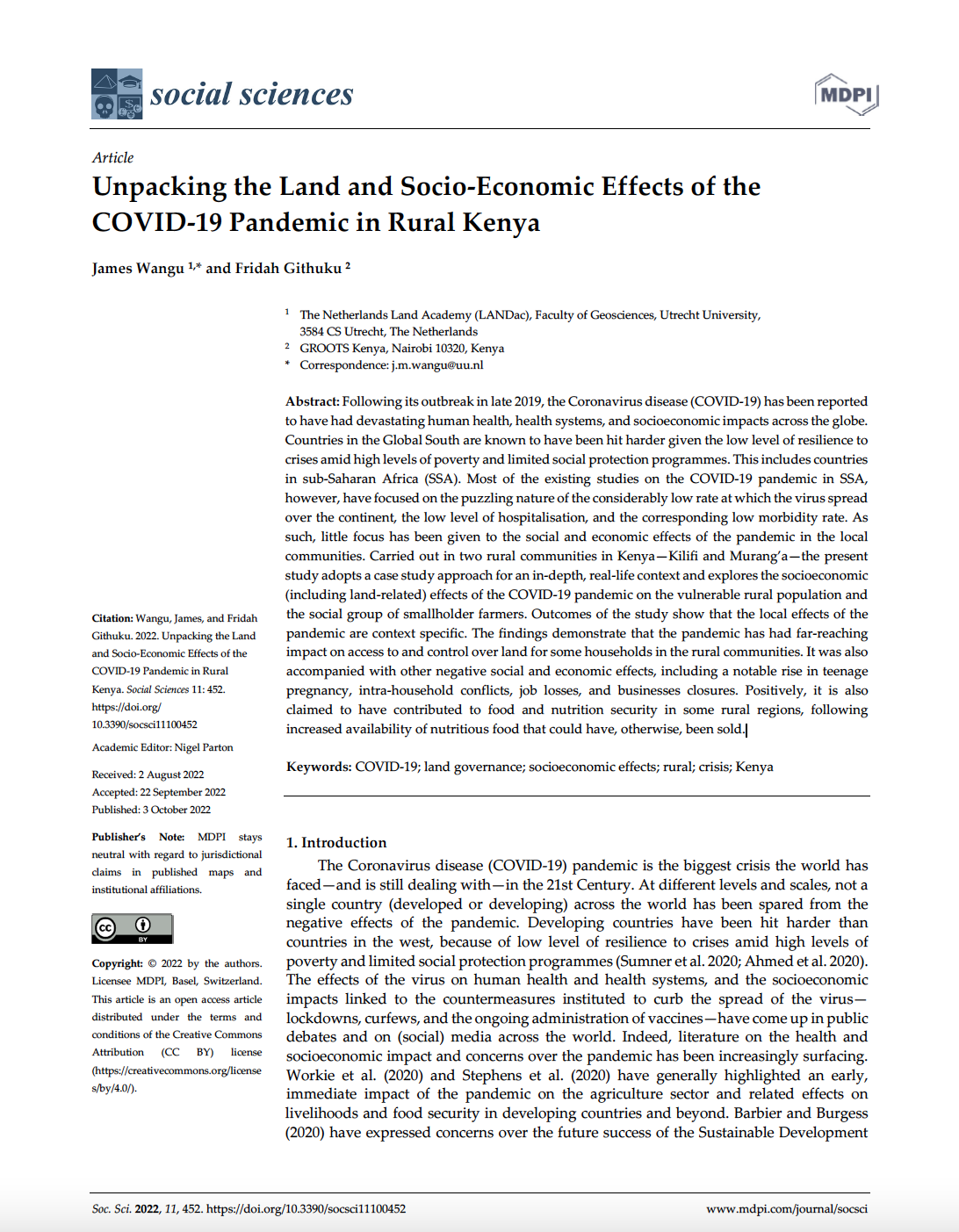The politics of mechanisation in Zimbabwe: tractors, accumulation and agrarian change
This article explores whether mechanisation affects patterns of accumulation and differentiation in Zimbabwe's post land reform where policy consistently disadvantages smallholders. Is the latest mechanisation wave any different? The article considers dynamics of tractor access and accumulation trajectories across and within land use types in Mvurwi area. Larger, richer and well-connected farmers draw on patronage networks to access tractors and accumulate further. Some small to medium-scale farmers generate surpluses and invest in tractors or pay for services.







